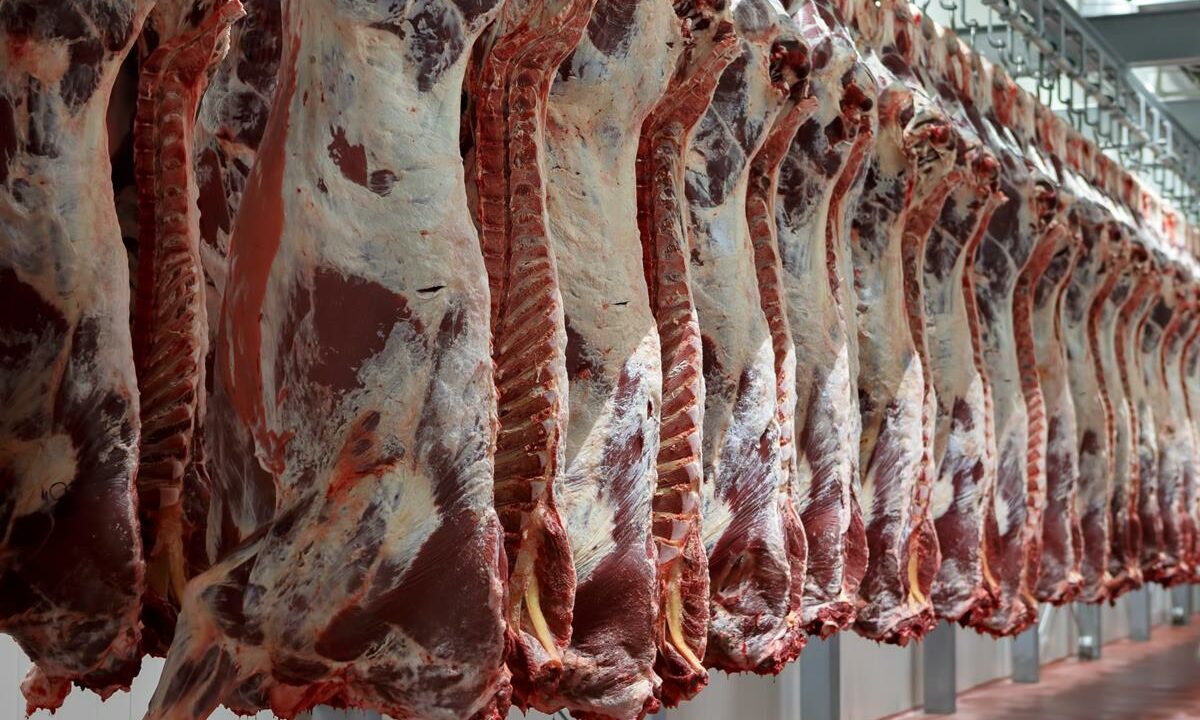The cost of the meat inspection service in 2020 was approximately €34.6 million, according to the Department of Agriculture, Food and the Marine’s (DAFM) Annual Report 2020.
EU regulations provide for the recovery of the cost of inspection services at approved meat premises.
A total of €18.69 million was collected in 2020 in respect of fees for meat inspections and related activity.
The service comprises a number of distinct elements, all of which involve control of the slaughter and processing of meat products destined for the human food chain, with responsibility to ensure that the end product is safe for human consumption.
The department provides a veterinary presence in each plant to supervise the processing of the meat in accordance with EU and national legislation.
Veterinary inspectors and agricultural officers carry out certain designated functions together with temporary veterinary inspectors, who are private veterinary practitioners assigned on a roster basis to the plants concerned.
Audits and food regulations
DAFM participated in a number of audits during 2020 which included:
- FSAI audit on meat labelling (Halal meat);
- Sante-F-Audits fact finding mission – fraud in the agri-food sector and animal welfare indicators.
Based on the fundamental principle that each food and feed business operator is responsible for the safety of the food/feed they produce, all dairy and meat establishments must be compliant with the requirements of the European Food Hygiene Regulations (known as the “Hygiene Package”).
Food Business Operators (FBOs) must also adhere to the internationally accepted HACCP (hazard analysis and critical control point) principles, which give FBOs the flexibility to adapt control systems to the specific requirements of their operation.
Throughout 2020, the department said it continued to monitor and verify that all such approved establishments remained compliant with these principles.
Meat plants
DAFM carries out its own risk-based controls at establishments under its supervision.
In recent years, the department controls system in processing plants moved from a focus on individual inspections to an audit model.
2,956 controls were carried out on meat establishments during 2020 to verify that the relevant legislative requirements are being fulfilled at all stages of production, processing and distribution.
Supplementary technical controls included 6,883 visits to meat FBOs, according to the Annual Report 2020.
Dairy inspections
In 2020, the corresponding number of controls carried out in dairy establishments (including market support) was 1,800.
Supplementary technical controls included approximately 9,000 samples taken in 2020.
The department also issued 57,742 certificates in support of meat trade and 29,704 certificates in support of dairy trade to internal and international markets.
A total of 1,155 milk and meat notices were served on dairy and meat FBOs, notifying them of infringements under the regulations and follow-up action was taken.
A further 208 contracts were reviewed under Private Storage Aid.
Food complaints about meat and dairy products
Meanwhile, DAFM coordinated the investigation of 59 food complaints in 2020.
Of the 59 complaints, 40 were for meat/meat products, 19 were for milk/dairy products, of which 17 were rapid alerts on behalf of the Food Safety Authority of Ireland (FSAI) and the European Commission.
These ranged from conformance with labelling legislation, foreign objects allegedly found in products, quality issues and one recall of product.
According to the department, these investigations were in addition to the normal monitoring of food to ensure that the maximum acceptable level of residues is not exceeded.
